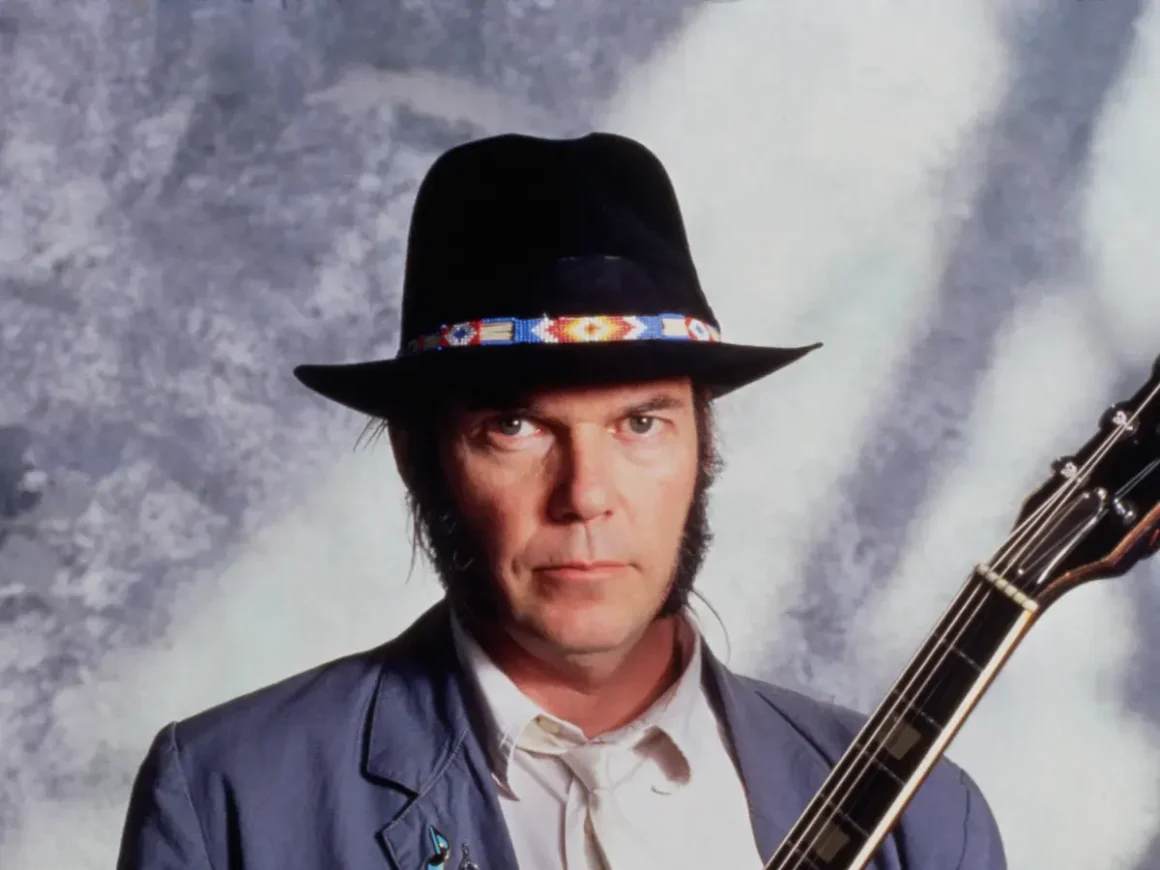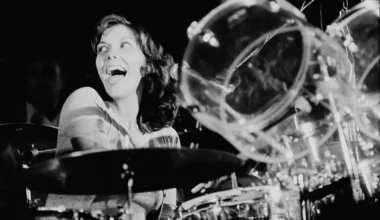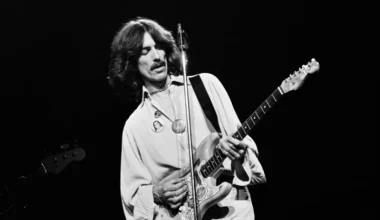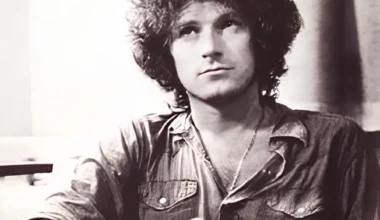Life imitates art, or so the saying goes. Undoubtedly, music continues to be a significant art form due to its ability to effectively address real-life situations. This arises from the songwriter’s profound understanding of the world and their ability to articulate it. Sometimes, that bond is formed through a deep emotional attachment. It can also arise from a change in emotions, the absence of a loved one, or the discovery of something unforeseen. In other cases, like Neil Young’s experience, it arises from indulging in alcohol and allowing your unfiltered emotions to surface.
We’ve all experienced the morning-after remorse when reflecting on our previous night’s conversations. It’s not uncommon for individuals to occasionally indulge in alcohol and inadvertently reveal hidden truths. This can lead to disagreements and uncomfortable situations. Typically, we tend to feel remorse not for our words themselves, but for the act of speaking them. Expressing romantic interest or expressing dislike towards someone—these emotions may have always been there. However, they were meant to remain unheard.
One of the reasons why we may find it easier to be less truthful after consuming alcohol is due to the influence it has on our brain. It not only gives us a sense of confidence to dance and coach the England football team to World Cup victory. It also impairs our ability to assess situations as effectively as we can when sober. Basically, the neurotransmitters in our brain that typically guide us in determining whether saying something is a good or bad idea either slow down or cease completely. What is the outcome? Prepare yourself for some unfiltered truth.
Nowhere do individuals exhibit more honesty than in their creative endeavors. The individual expresses quiet reflections eloquently and openly. The expression is what resonates with individuals and creates a connection to art. People can sometimes be more truthful after consuming alcohol. When individuals interact with their artwork under the influence, it offers a unique insight into their thoughts and mindset at that moment.
When Neil Young penned the song ‘Barstool Blues’, a deep sense of yearning filled him. It’s uncertain whether this was a nostalgic yearning for the past or a reflection on a past romance. Both themes are mentioned in the song. It seems like we are observing the thoughts of an intoxicated individual experiencing a range of emotions and expressing them on paper.
It’s important to note that all of this information is based on Neil Young’s own admission. He revealed that he wrote ‘Barstool Blues’ while heavily intoxicated and has no recollection of the writing process. “We came home from the bar, and I wrote that song,” he said, “I woke up, and I went, ‘Oh no!'” I couldn’t recall writing it.
In the opening verse, Young expresses a longing for the days of youth and clarity, as he appears to become disconnected from his surroundings. In the second verse, the narrator shifts their gaze towards an unoccupied bar stool. They contemplate the absence of someone who ought to be occupying it. Finally, in the third verse, we witness Young’s intriguing portrayal of a character who curiously mirrors his own persona. There was a person I knew who faced numerous challenges throughout their life, constantly dealing with negative influences and threats.
‘Barstool Blues‘ provides a raw glimpse into Young’s thoughts and emotions. Given the creative nature of the individual and their intoxicated state while writing, the lyrics convey a straightforward message. They are transparent in their expression. The challenge lies in accurately deciphering their intended meaning and identifying the individuals they refer to.








